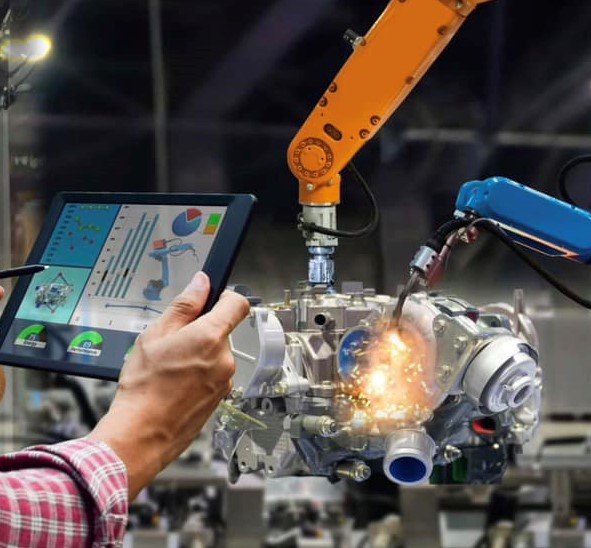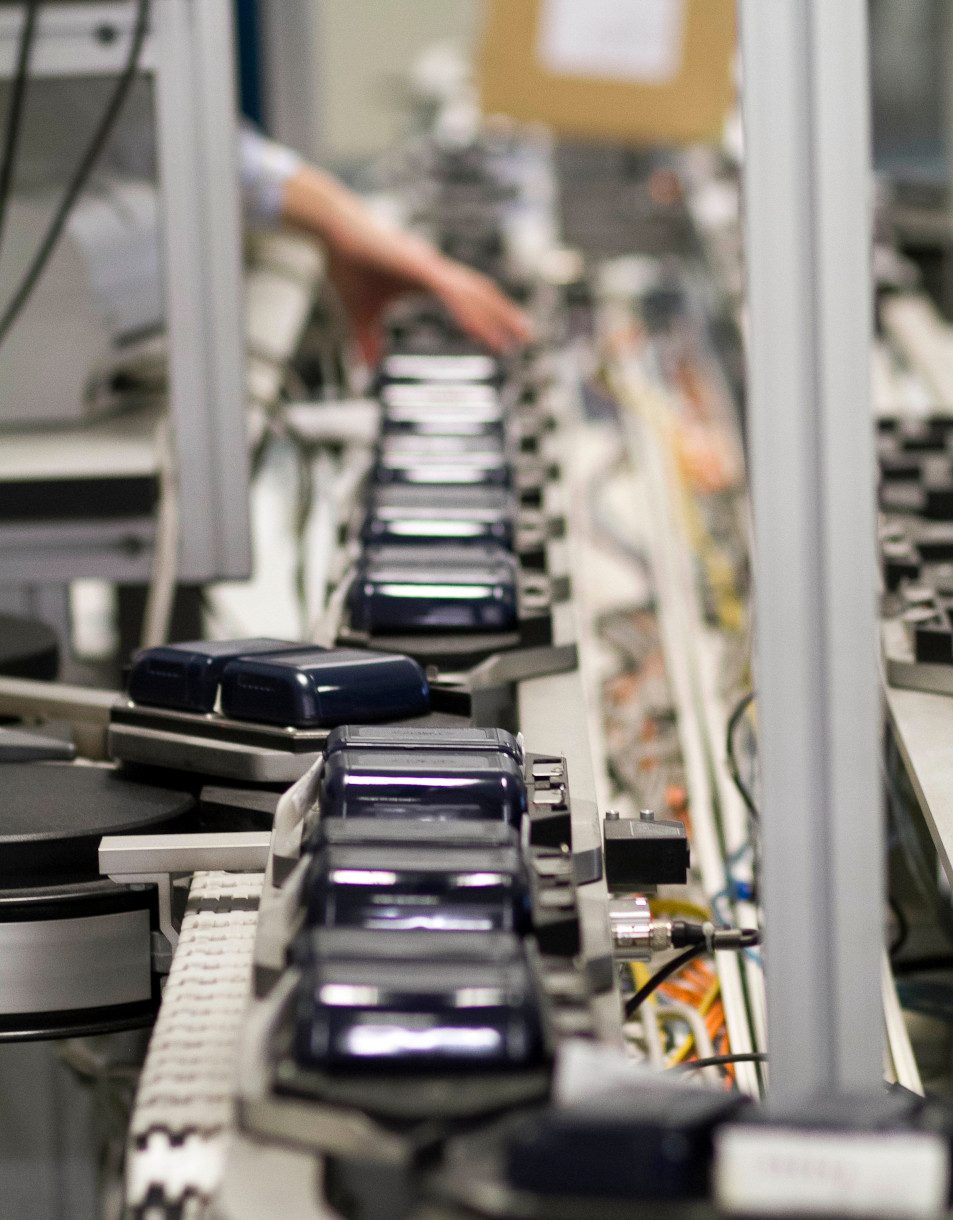The Digital Economy and Society Index (DESI) is an index introduced by the European Commission in 2014 to measure the progress of European countries in terms of the digitalization of the economy and society, in order to converge towards a single digital market. The publication of the 2022 data shows that, among the 27 Member States, it is Finland, Denmark, the Netherlands and Sweden that pull the digital sprint, ahead of Ireland, Malta and Spain. The lowest scores are recorded by Romania, Bulgaria and Greece; France is in twelfth place, between Slovenia and Germany, and Italy eighteenth.
Even the most digital EU countries experience shortages in key sectors. While most member states progress on their digital transformation journey, business adoption of key digital technologies, such as artificial intelligence and big data, remains low. A context that requires efforts to be stepped up to ensure the full implementation of connectivity infrastructures, in particular 5G, necessary for highly innovative services and applications. Although 500,000 information and communication technology (ICT) specialists entered the labor market between 2020 and 2021, the 9 million in the Union are not enough to fill the gaps in companies. The Commission hopes that by 2030 there will be 20 million.
The trend is also reflected in digital Italy which, however, climbs back and takes eighteenth place in the special annual EU ranking, gaining another two positions in one year. The progress, especially on 5G and connectivity, are the first steps on a path that should bring the country among the leaders of the EU within four years thanks to the investments of the Pnrr. However, there are still some shortcomings in the coverage of very high-capacity networks, including fiber up to the user’s premises, which is still far behind the EU average. 60% of Italian SMEs have reached at least a basic level of digital intensity; the use of cloud services, in particular, is growing considerably, but the diffusion of crucial technologies such as big data and AI is still very limited, in line with the European trend.
As digitization emerges under the driving force of globalization, the need to mitigate environmental impacts, and changes in social behavior, it is now essential to get the best out of technologies, connectivity, big data and innovation. A context that sees Vem Solutions (a company of the Viasat Group) in the front row in support of companies and administrations being able to have one of the most relevant telematic databases at the European level, a considerable technical background, controlled environments, cutting-edge technologies, layout and organizational models resulting from experience and optimization acquired over time.




